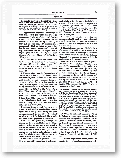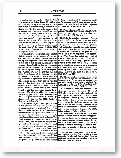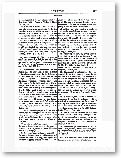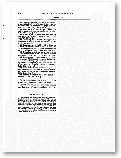apprentice

n. One who is bound by indentures to serve a mechanic, or other person, for a certain time, with a view to learn his art, mystery, or occupation, in which his master is bound to instruct him. — v.t. To bind to, or put under the care of, a master, for the purpose of instruction in the knowledge of a trade or business. — Webster, 1882
The term apprentice is derived from the French word apprendre, to learn; and a contract to teach or instruct on the one side, and to serve and learn upon the other, is a contract of apprenticeship. According to an 1860 manual of household law, the binding of an apprentice was originally required to be by indenture; later it was done by an agreement in writing, called a deed. The agreement did not have to have either the word teach or learn in it.
Bound to a master by a father or other relative, an apprentice contracted that he or she would serve their master faithfully during the apprenticeship; that he would not betray his secrets; that he would obey lawful commands and protect his master’s property; that he would not marry or leave during his term of apprenticeship; and, generally, that he would conduct himself with decency and sobriety. An apprentice was entitled to be taught and provided with food, lodging, clothing, and other necessities, according to the terms of the deed. A typical apprenticeship lasted seven years, or until the apprentice came of age.
Almanzo Wilder and the apprenticeship to Mr. Paddock. In Farmer Boy, Laura Ingalls Wilder wrote that the wheelwright (wagon maker), Mr. Paddock, wanted to take young Almanzo Wilder as his apprentice. Almanzo, of course, wanted to be a farmer, and that was that. It is interesting to note that in the existing manuscript for Farmer Boy, Mr. Paddock was a tinsmith, not a wheelwright.
1860s New York laws governing the master / apprentice agreement. Click on the images below to read the New York statutes that would have covered Almanzo Wilder’s apprenticeship to Mr. Paddock, if such an arrangement had taken place. Pages are from A Digest of New York Statutes and Reports, Volume I (New York: John S. Voorhies, Law Bookseller and Publisher, 1864), 197-200.

apprentice (FB 29)





